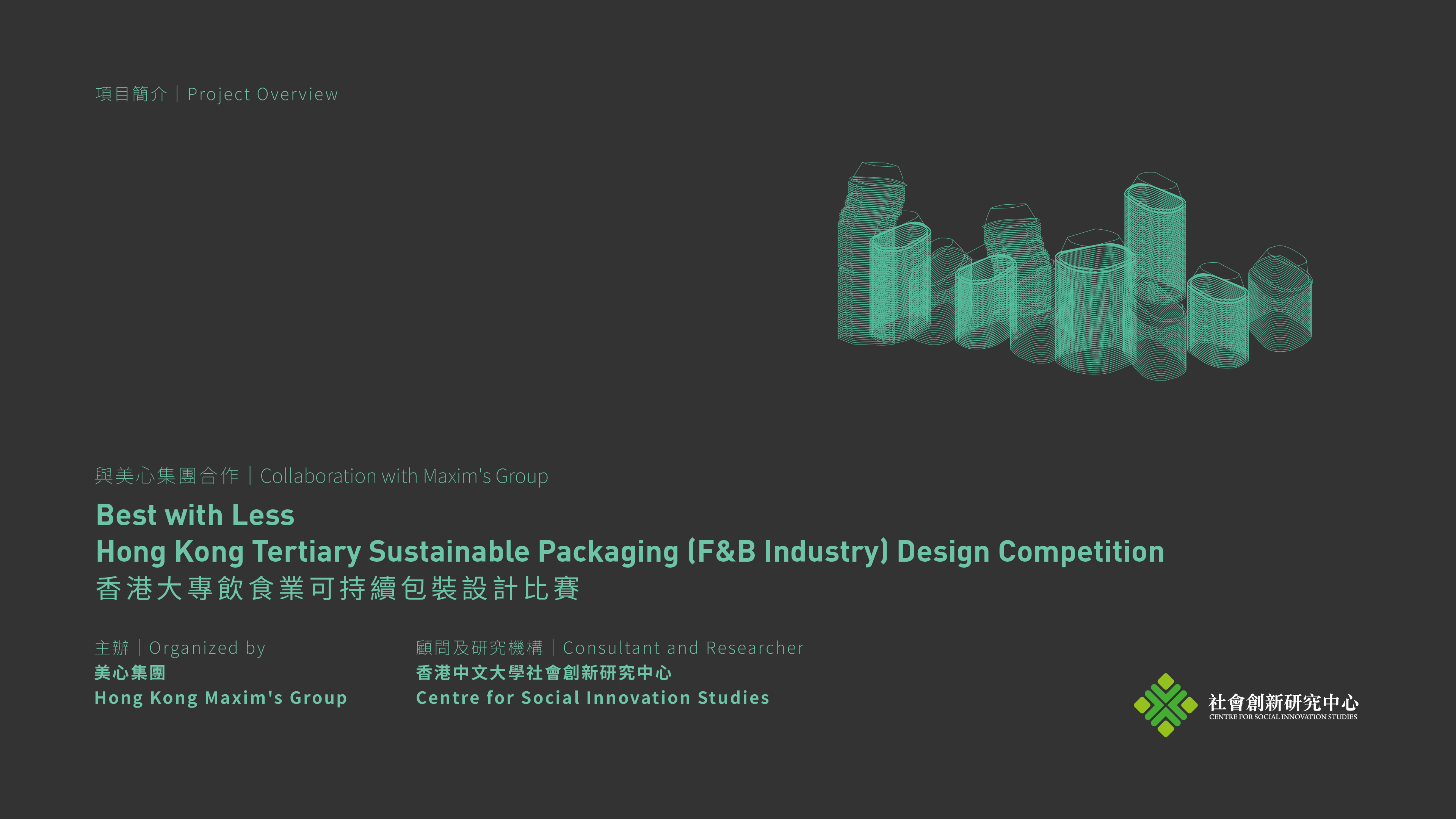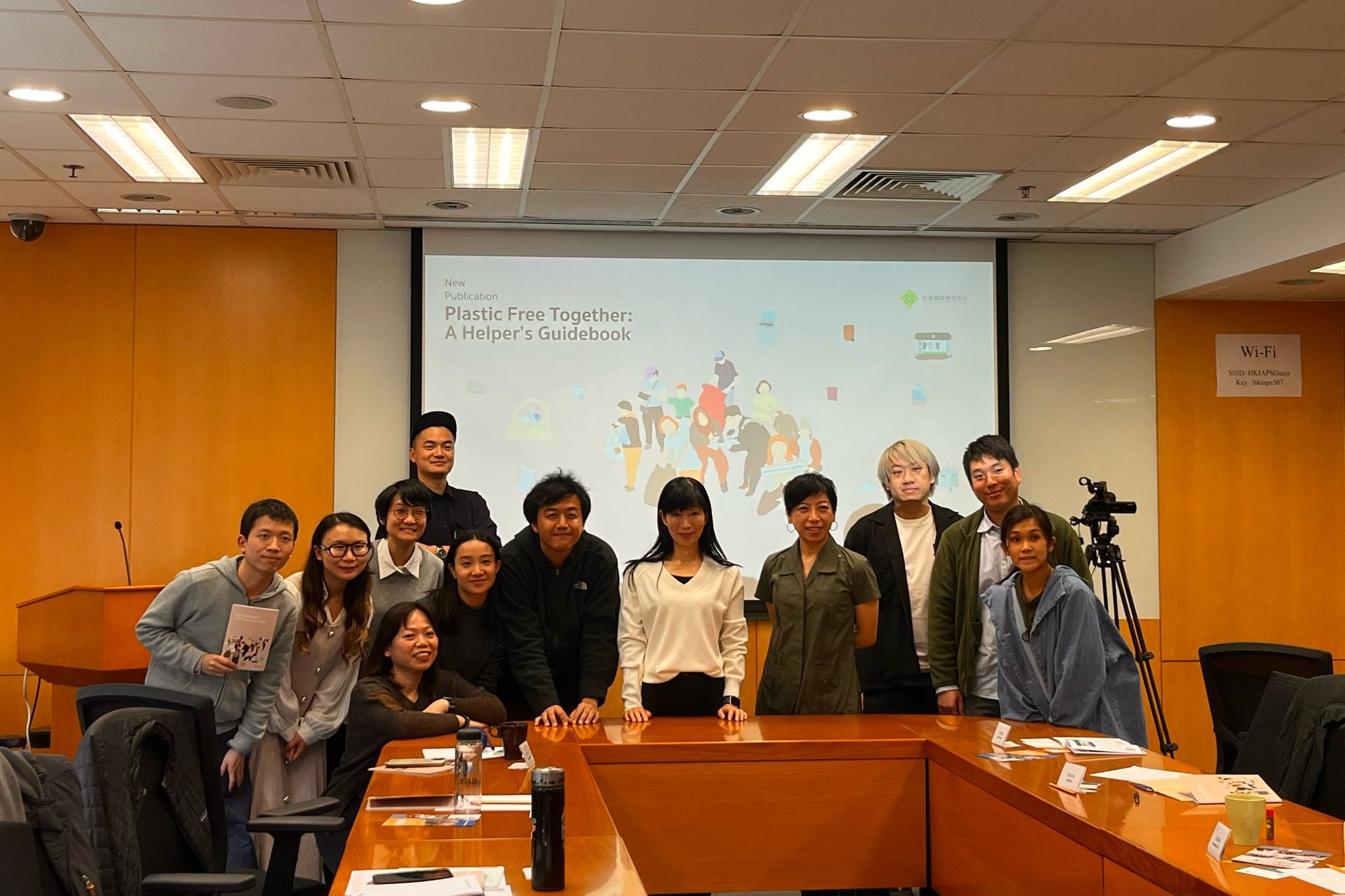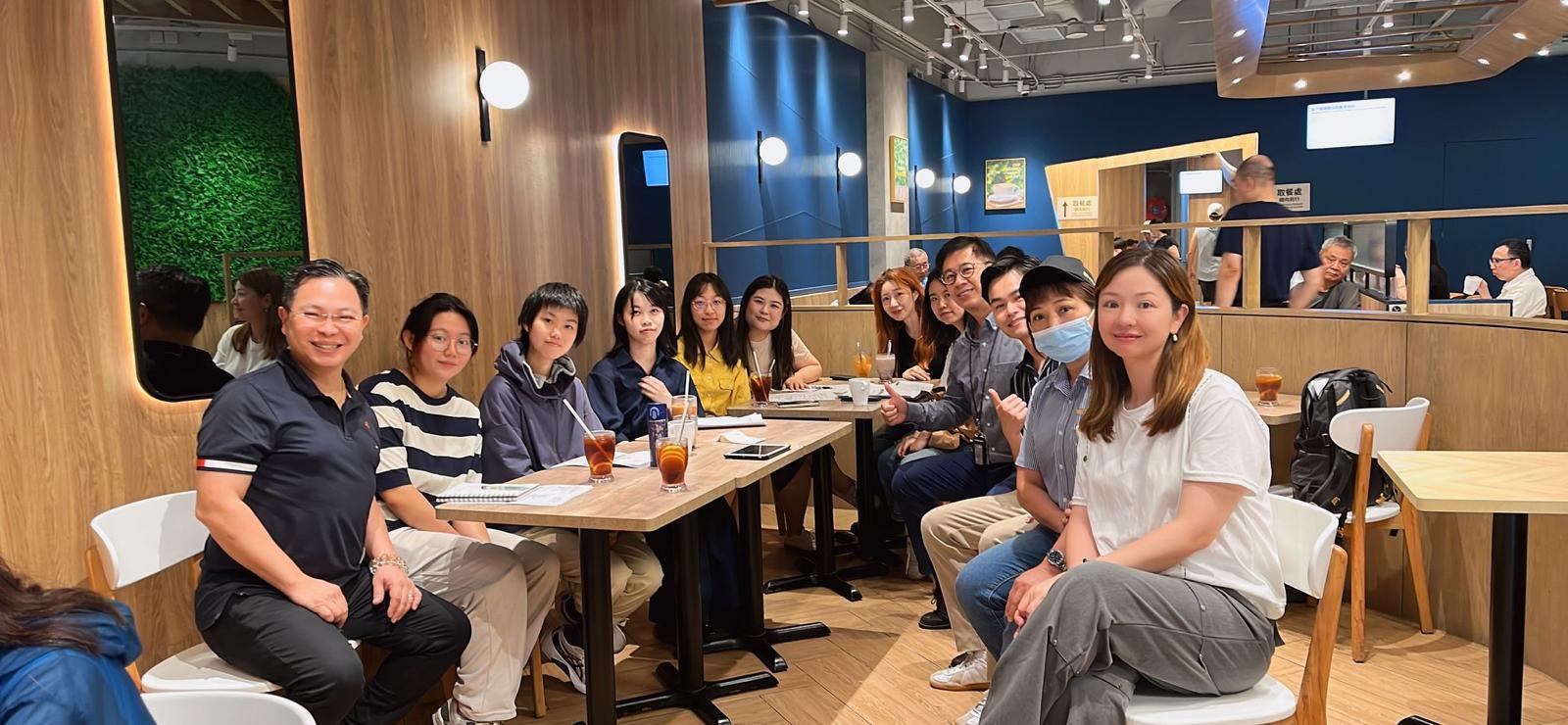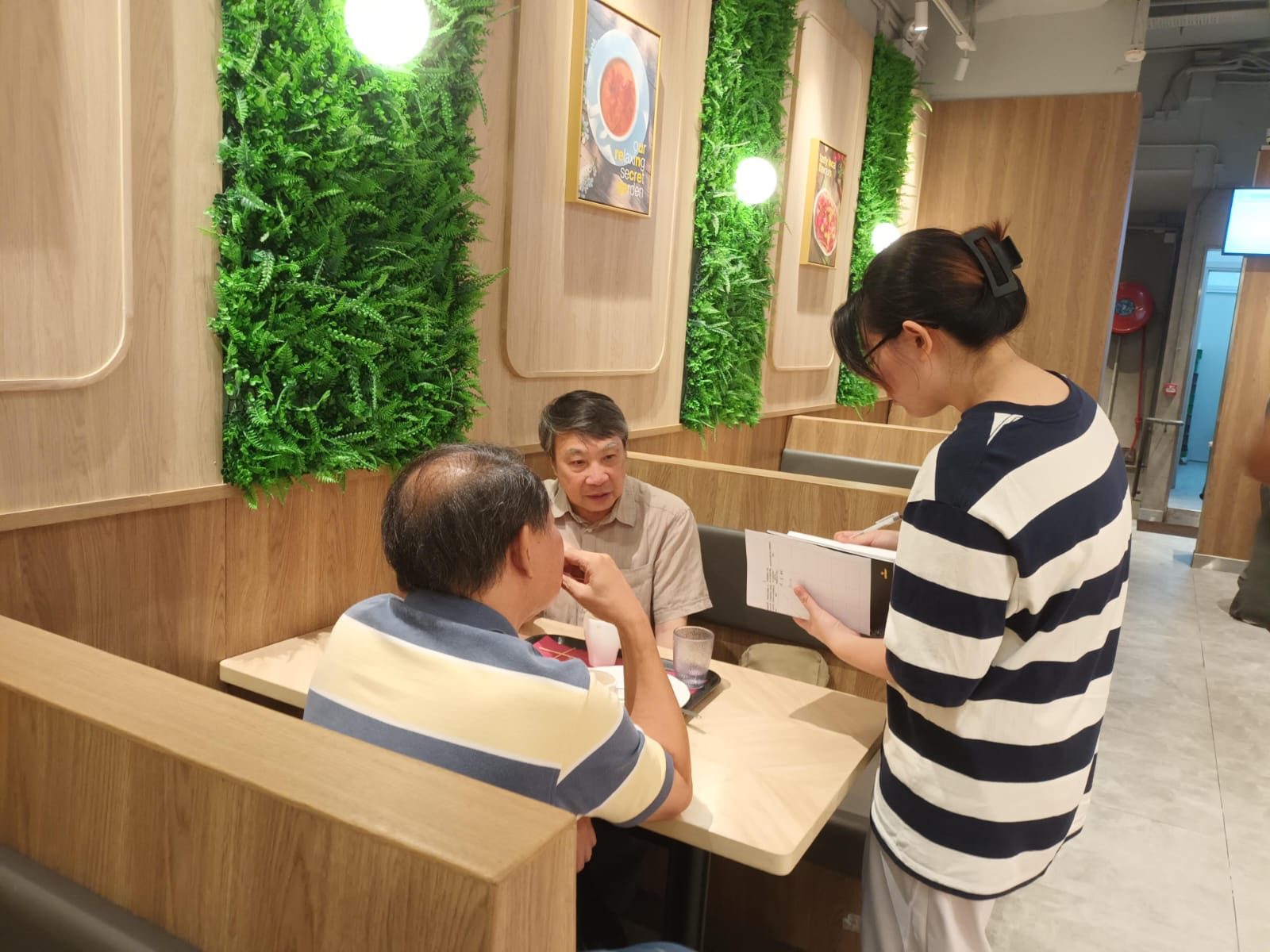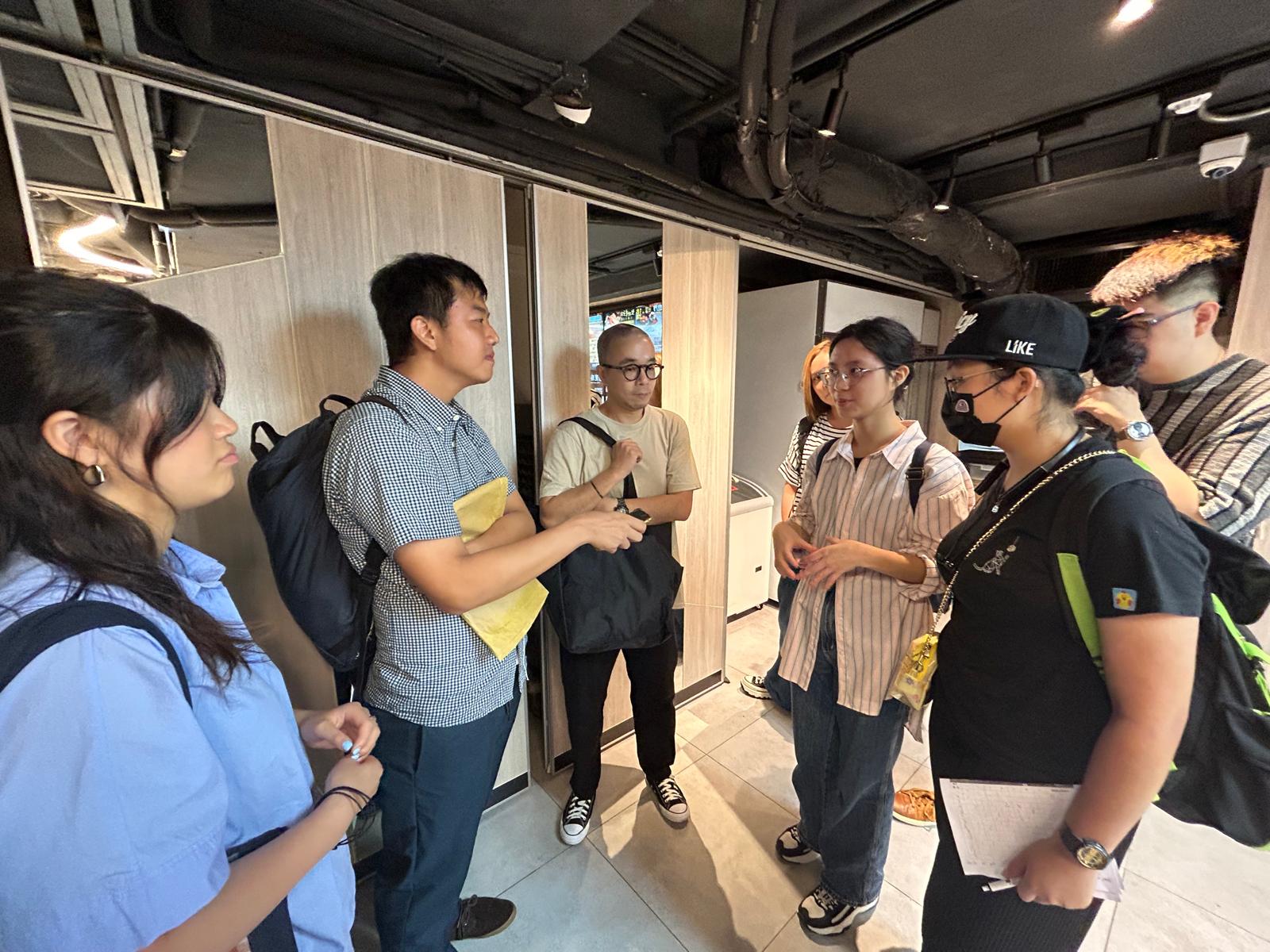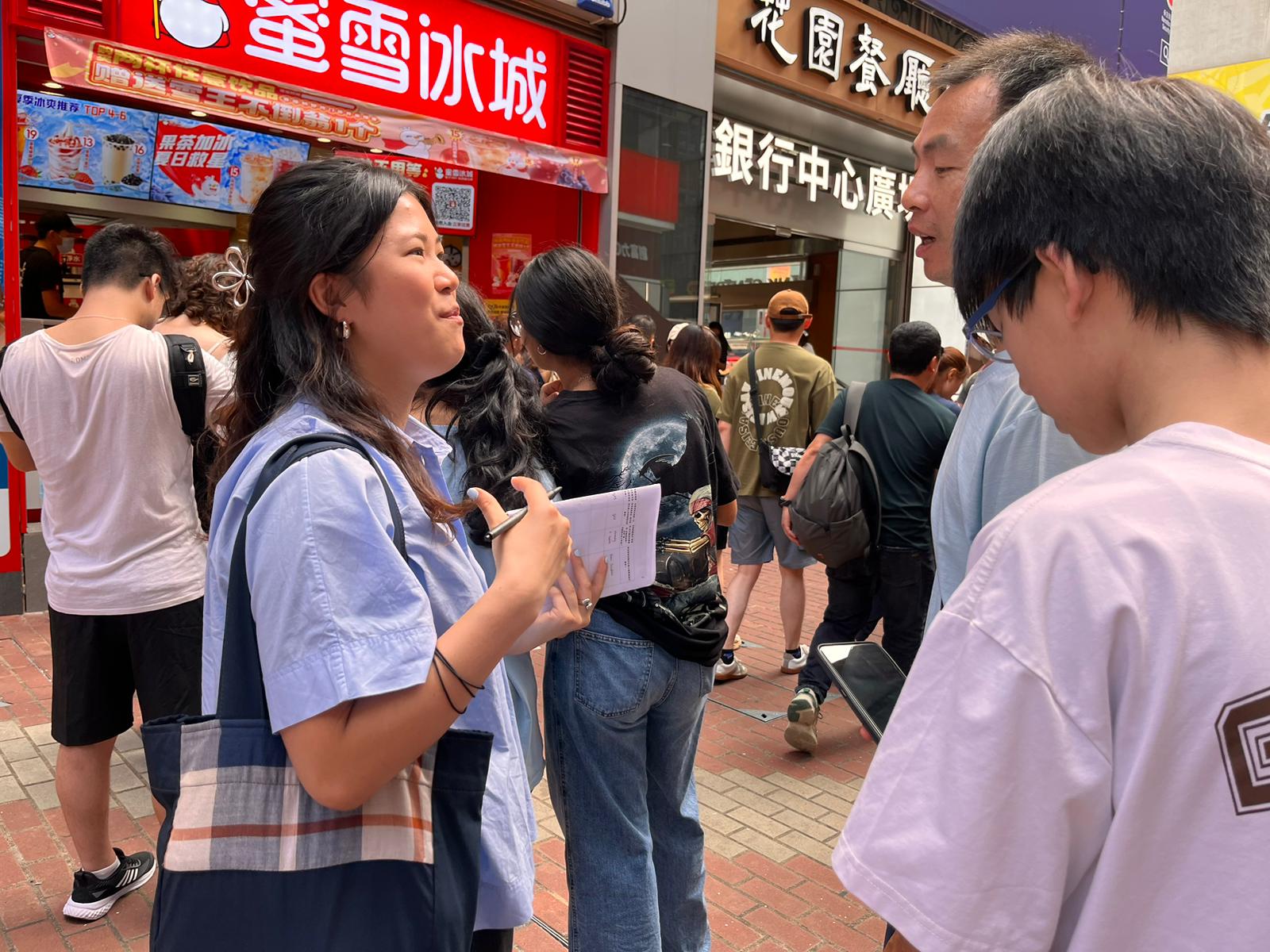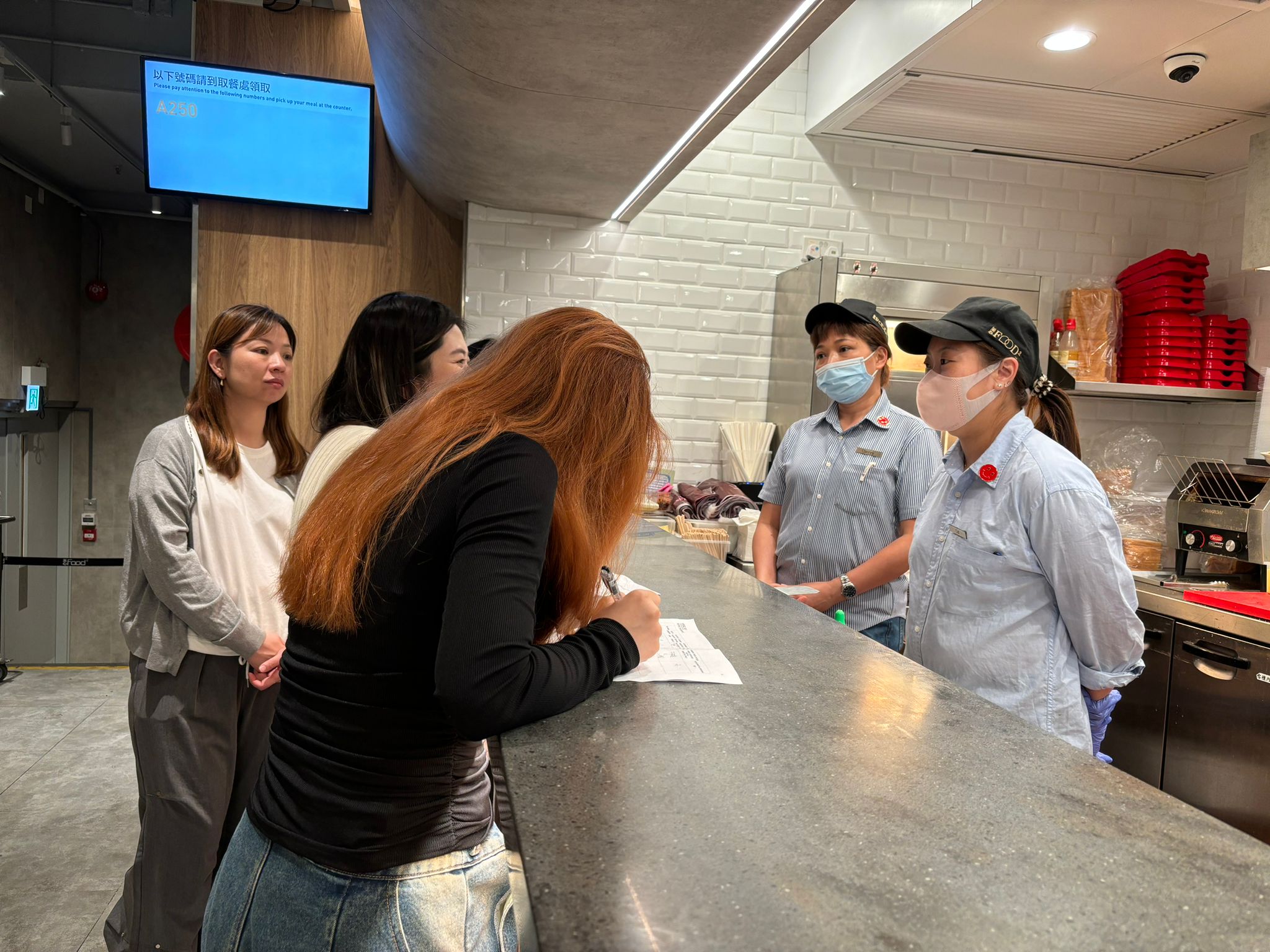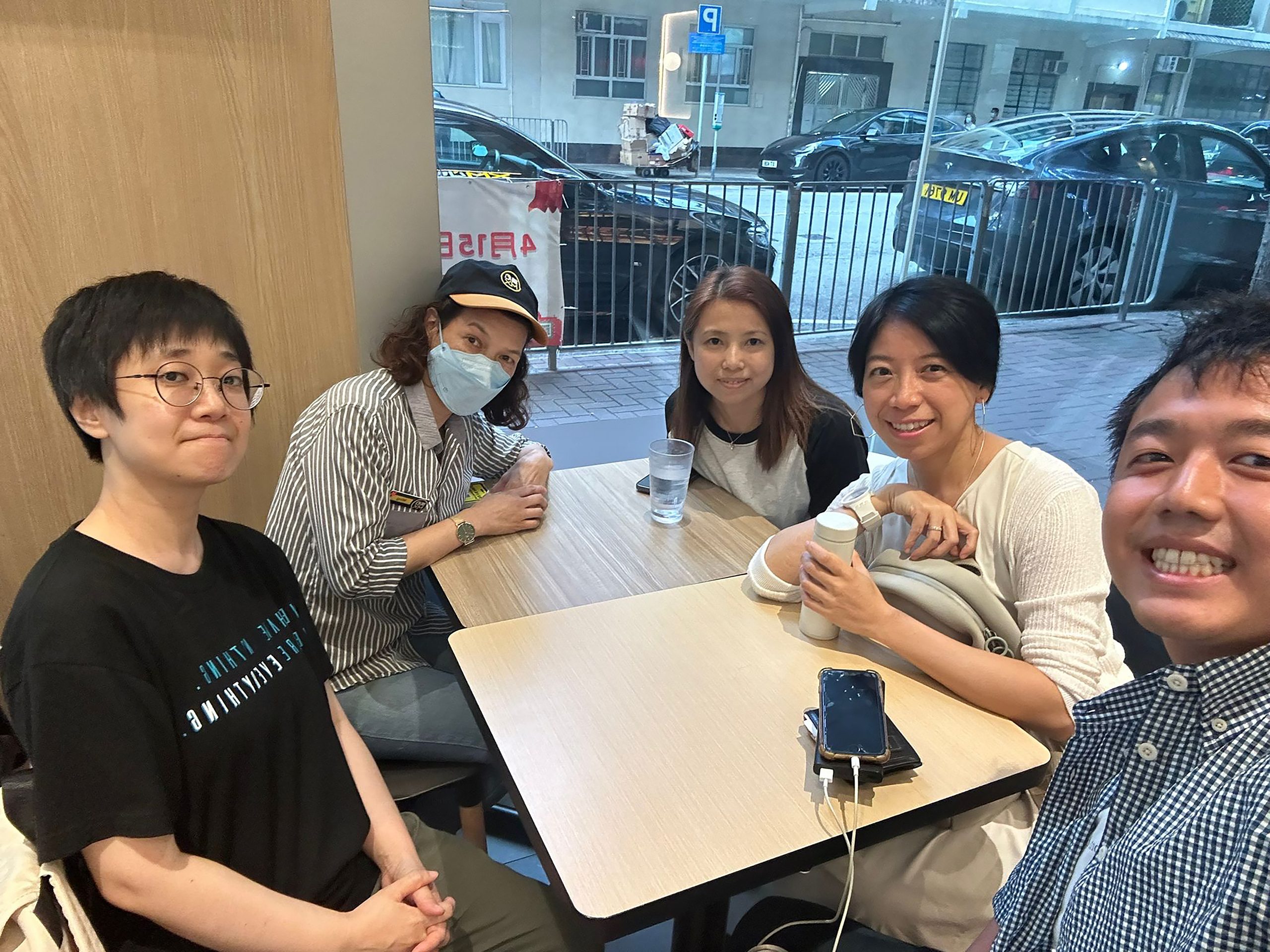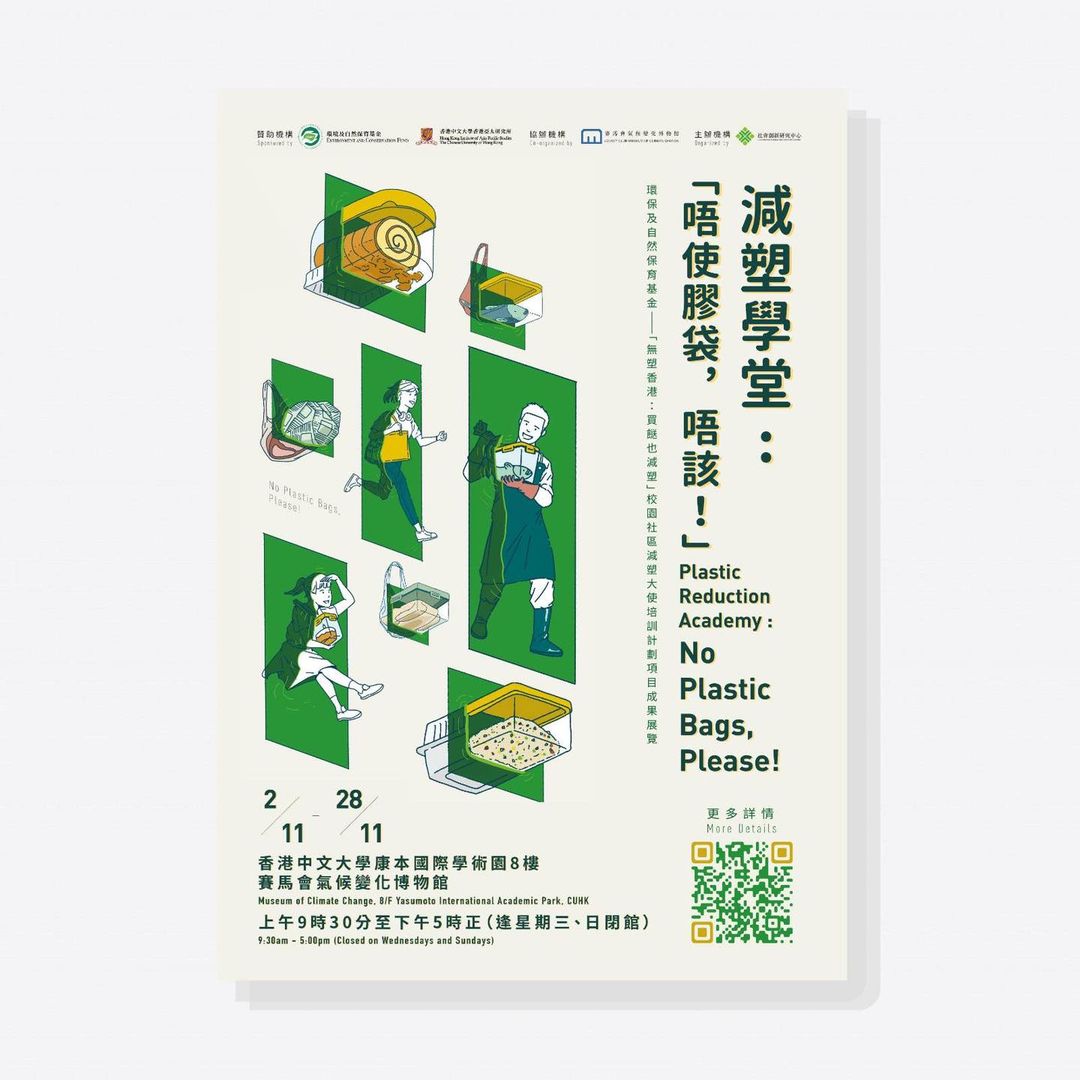International Conference-Creativity and Climate Crisis: Asian Media and Arts in the Anthropocene
Date: 19-20 May 2025 (Mon-Tue)
Day 1 / 10:00-16:00
Day 2/ 15:00-19:30
Venue: YIA LT2, Yasumoto International Academic Park, CUHK
Registration link: https://cloud.itsc.cuhk.edu.hk/webform/view.php?id=13705910
Extreme weather, pollution, water crises, and the loss of lives and biodiversity are some of the greatest challenges of our time. In both urban and rural Asia, extreme climate conditions and regional disparities have created increased climate vulnerability and inequalities. This interdisciplinary conference invites papers and discussions that examine media, elemental/infrastructural, and creative responses that help make sense of these challenges. How do media and arts in Asia engage new methods, materials, and practices to address current environmental changes? How do media technologies, art forms, and social actions create new meanings arising from these challenges? What are the “ecological affect” or “climate unconscious” that are structuring our feelings, emotions, practices, and actions?
Programme Schedule: https://docs.google.com/spreadsheets/d/1QLW2-JnzW22-2nLFx-jPIoSGdIfEWbqPm8gKQu6KAZU/edit?usp=sharing
Co-convenors:
Wu Ka-ming (CUHK)
Tan Jia (CUHK)
Wu Ka-ming is Associate Professor in the Department of Cultural and Religious Studies at the Chinese University of Hong Kong. She was a visiting fellow, and now a life member, of Clare Hall, Cambridge University. Trained as a cultural anthropologist, she has taken up extensive ethnographic research to examine the cultural politics of state and society, waste, and most recently, gender and nationalism in contemporary China. Her academic papers have been published in high impact journals including Journal of Asian Studies, Modern China, Hau: Journal of Ethnographic Studies, The China Journal, Cities, Urban Geography, Ethnology, and China Perspectives.
Jia Tan is Associate Professor of Cultural Studies in the Department of Cultural and Religious Studies at The Chinese University of Hong Kong. She is the author of Digital Masquerade: Feminist Rights and Queer Media in China (New York University Press, 2023). She received her doctoral degree in critical studies of cinema and television from the University of Southern California. She was a Clare Hall Visiting Fellow at the University of Cambridge (2024), a Global Fellow at the University of St. Andrews (2023), and a Research Fellow at the University of Amsterdam (2023). Her research has been funded by Social Science Research Council, Hong Kong Research Grants Council, Harold Lloyd Foundation, and so on. She is also one of the founding members of Hong Kong Scholars Alliance for Sexual and Gender Diversity.
Speakers:
Luke Ching Chin Wai (Artist)
Nut Brother 堅果兄弟 (Artist)
Pak Sheung Chuen (HASS LAB, Artist-in-Residence for the BA in Public Humanities, CUHK)
Louis Yu (HK Senior arts administrator)
Zheng Hongbin 鄭宏彬 (Artist)
Saskia Abrahms-Kavunenko (Kyoto University)
Chris Berry (King’s College London)
Kiu-Wai Chu (Nanyang Technological University, Singapore)
Stephanie DeBoer (Indiana University)
Li Tiecheng (CUHK)
Benny Lim (CUHK)
Ari Heinrich (Australian National University)
Pang Laikwan (CUHK)
SaeHim Park (Xavier University of Louisiana)
Robin Visser (University of North Carolina)
Sasha Welland (University of Washington)
Mei Zhan (University of California, Irvine)
Co-Organized by M.A. in Intercultural Studies Programme, Center for Cultural Studies, Centre for Social Innovation Studies, The Chinese University of Hong Kong
Sponsored by the Faculty of Arts, CUHK
Enquiry: cuccs@cuhk.edu.hk







